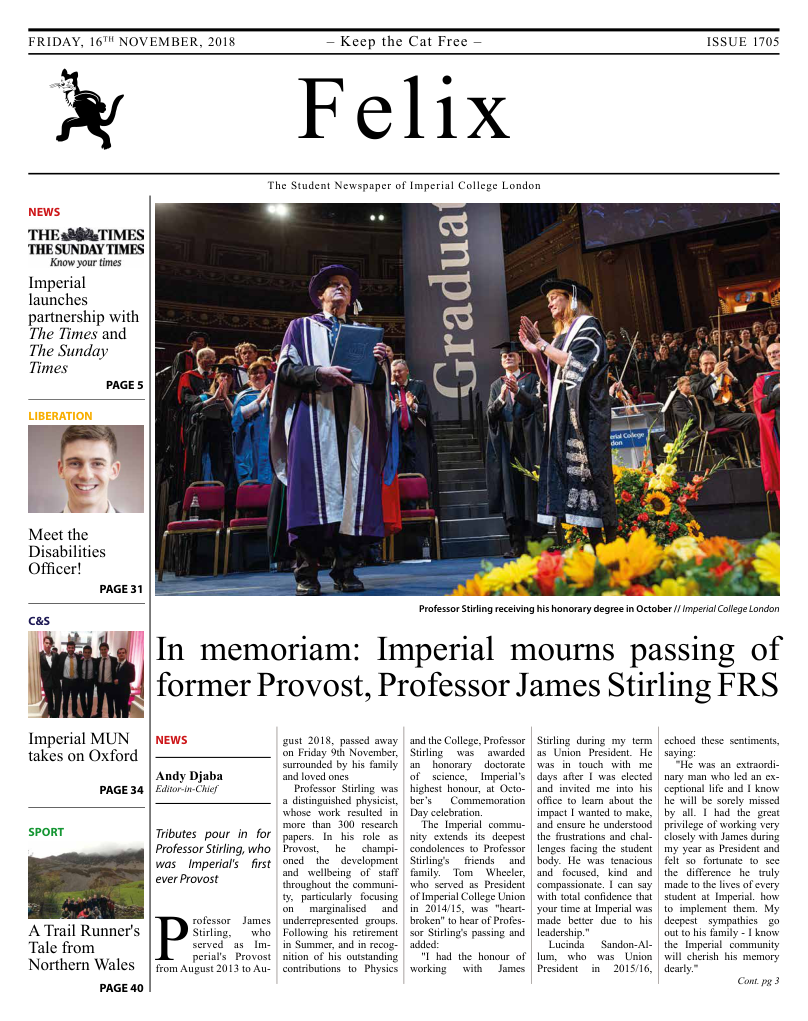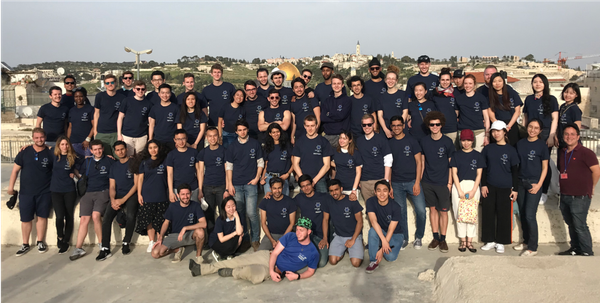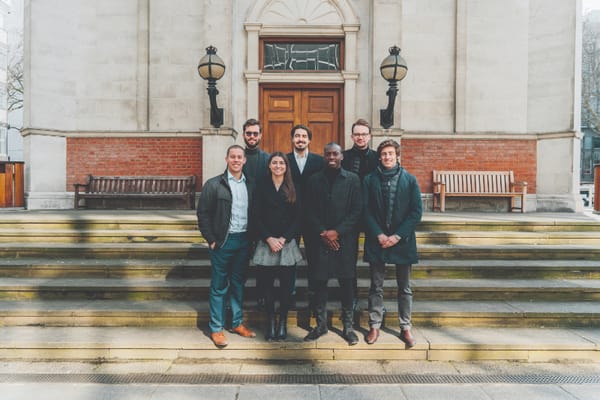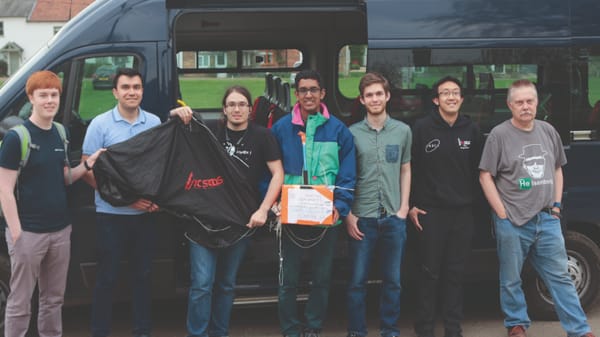Imperial MUN takes on Oxford
Turns out it’s possible to beat them at their own game

Earlier this month, the Imperial College Model United Nations Society, represented by Alessandro, Ben, Chris, Tawfik and myself, took over Oxford for 3 intense days with a mix of missed trains, cold and rainy weather, fun socials and a bit of debate. The Oxford International Model United Nations (OxIMUN) conference is one of the largest and most prestigious University-level Model United Nations (MUN) in the country. 5 students, representing 5 countries in 5 different committees, tried to save the world in these 3 days. Easier said than done.
DISEC, a committee focused in disarmament, was chaired by the lookalike of Tommy Shelby / Cillian Murphy. Our delegate represented Saudi Arabia and debated the weaponization of AI and big data and the risks inherent to such technologies. A resolution passed requesting an implementation of controls on the research of this field. The second part of the debate focused on terrorism in Somalia, concluding in the approval of military intervention in the country and financial aid to the government, as well as long-term solutions to help the local population.
Our French representative in the Security Council started the weekend talking about the Rohingya crisis in Myanmar and had to cope with a historic and unexpected Chinese-Russian-American triple veto against the French-led bloc. The international community did manage, surprisingly again, to come up with a balanced resolution on the Status of Jerusalem. More advances were made to solve this decade-long conflict in half a day than in the last 60 years, partly thanks to the Chinese peace plan proposal to fund solar panels in order to resume direct bilateral talks between the Parties involved (in other words, nothing made sense in this committee).
In the Economic and Social Council, often referred to more simply as ECOSOC, the topics of discussion were the opioid crisis and the using as property rights as a tool to deal with the informal economy. A Canadian submitted resolution passed in each of the two topics, with overwhelming majority in both cases. All delegates had the chance to be personally entertained by a “poetry on postcards” by one of the chairs. Nothing to add to that.
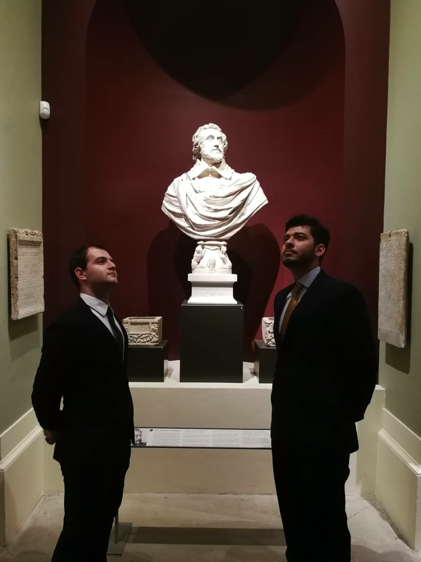
In the UN Human Rights Council, our Brazilian representative worked towards setting a framework for the protection of the rights of migrant children and reaffirmed that reproductive rights were human rights. The debate was interesting yet consensual. However, a resolution that was voted on approved the sending of a teddy bear to every migrant child via parachute. Who said politicians did not have a heart?
Last but not least, we were also represented in the International Court of Justice by a Ugandan Judge. The case opposed India v Pakistan where India accuses Pakistan of violating the Vienna Convention by denying India consular access to a suspected Indian spy that was court martialed and sentenced to death. As a judge in the court, the weekend was spent interrogating advocates from both parties, questioning evidence, witnesses and legal experts to determine whether international laws were violated, interpreting and assessing the legality of various treaties to be able to pass judgement – indeed very easy tasks for a Bioeng student.
Congratulations to the five members of the delegation for their hard work throughout the weekend, as they brought back 4 awards from this prestigious conference. Another group of 9 Imperial students went to Cambridge for yet another weekend of debate and fun, and you will have a complete recap next week.
To find out more about ICMUN or go to future conferences, visit us every Thursday from 6 to 8pm in Huxley 308, check our Facebook page or email modelun@ic.ac.uk

